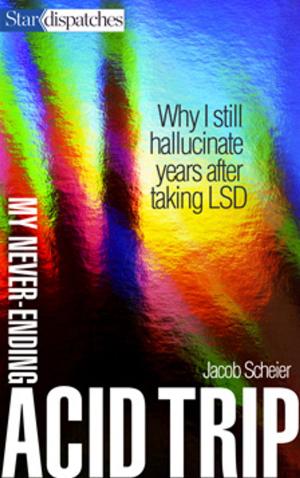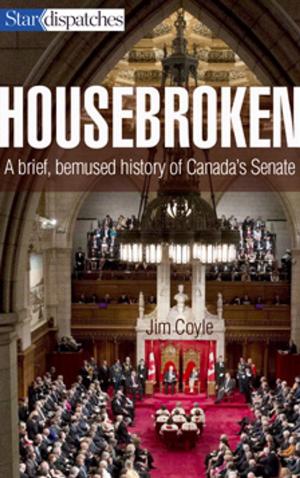| Author: | Rick Salutin | ISBN: | 9780887857775 |
| Publisher: | Toronto Star Newspapers Limited | Publication: | December 15, 2009 |
| Imprint: | Star Dispatches | Language: | English |
| Author: | Rick Salutin |
| ISBN: | 9780887857775 |
| Publisher: | Toronto Star Newspapers Limited |
| Publication: | December 15, 2009 |
| Imprint: | Star Dispatches |
| Language: | English |
Religion and politics has always been a risky, combustible mix. Faiths like Judaism, Christianity and Islam were all born in poltical crises: the Hebrew slaves' flight from Egypt, Jesus's crucifixion by Roman authorities, Muhammad's expulsion from Mecca. Religions have regularly made merciless war on each other and forcefully converted non-believers while claiming God was on their side. As Rick Salutin writes in his Star Dispatches ebook Divine Interventions: Where Faith and Politics Intersect, the aggressive presence of religions remains a feature of politics today: there are fundamentalist, politicized versions of almost every religion. When in power, faith-based parties seem intent on rolling back the kind of tolerant secular societies that only recently emerged. Wouldn't the world be well rid of religion, as the new atheists; argue? Salutin takes a different point of view. Religions aren't going anywhere, he argues, and politics will always be with us. In that light, is it possible that religion has some positive contributions to make in the political context, both now and in the future?
Religion and politics has always been a risky, combustible mix. Faiths like Judaism, Christianity and Islam were all born in poltical crises: the Hebrew slaves' flight from Egypt, Jesus's crucifixion by Roman authorities, Muhammad's expulsion from Mecca. Religions have regularly made merciless war on each other and forcefully converted non-believers while claiming God was on their side. As Rick Salutin writes in his Star Dispatches ebook Divine Interventions: Where Faith and Politics Intersect, the aggressive presence of religions remains a feature of politics today: there are fundamentalist, politicized versions of almost every religion. When in power, faith-based parties seem intent on rolling back the kind of tolerant secular societies that only recently emerged. Wouldn't the world be well rid of religion, as the new atheists; argue? Salutin takes a different point of view. Religions aren't going anywhere, he argues, and politics will always be with us. In that light, is it possible that religion has some positive contributions to make in the political context, both now and in the future?















